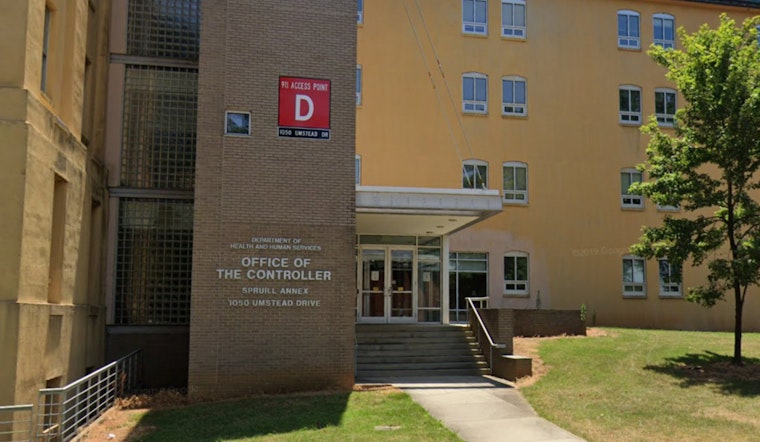North Carolina’s Department of Health and Human Services, in partnership with the North Carolina Commission of Indian Affairs, is launching a fresh effort to tackle respiratory illnesses in American Indian communities. A special fireside chat and tele-town hall will be held on Thursday to address flu updates, COVID-19 vaccinations, and how to combat respiratory risks among these populations.
According to a release from the NCDHHS
, the event is part of a broader initiative aimed at raising awareness and improving health outcomes for American Indian tribes across the state.
The advisory group steering this initiative includes key leaders and healthcare providers from within the tribal communities. Scheduled to speak at the event are Greg Bryant, Katie Lowry, M.D., MPH, and Aiyana Lynch, figures deeply involved in health and community efforts. The chat is set to be streamed via the NCDHHS Facebook and YouTube platforms, where the public can pitch in with questions. Additionally, those interested may also join through a tele-town hall by dialing in, for a more traditional, phone-based interaction.
The impetus behind this concerted engagement rests on stark health disparities. Respiratory viruses strike the American Indian demographic with a severe toll, at rates twice as high as observed among white, non-Hispanic individuals. Regular vaccination is the frontline defense, intended for virtually everyone over 6 months of age. “Updated vaccines are needed even if individuals have received vaccinations in the past,” the
NCDHHS advises
, emphasizing the adaptation of vaccines to the latest viral strains for stronger protection.
Treatment and testing advancements further clinch the strategy, aiming to catch cases early and curb severe outcomes. “Reach out to a health care provider as soon as symptoms begin to test for the flu, COVID-19 or RSV and see if treatment is needed,” the NCDHHS emphasizes, pointing to a proactive approach in seeking medical care quickly.
Note: Thank you for visiting our website! We strive to keep you informed with the latest updates based on expected timelines, although please note that we are not affiliated with any official bodies. Our team is committed to ensuring accuracy and transparency in our reporting, verifying all information before publication. We aim to bring you reliable news, and if you have any questions or concerns about our content, feel free to reach out to us via email. We appreciate your trust and support!



Leave a Reply